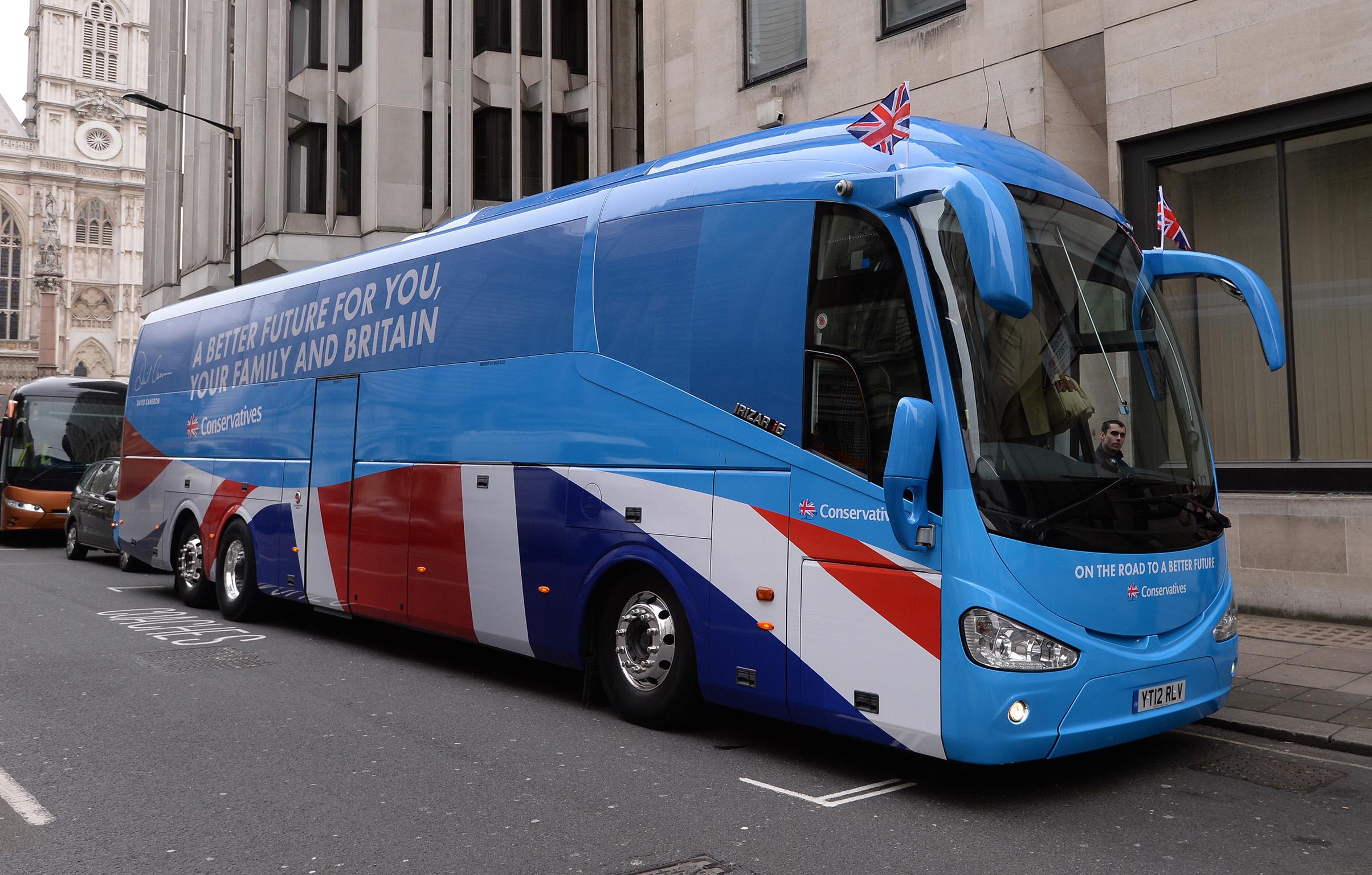Tory election expenses probe has deepened with police interview of second Conservative MP
Will Quince, the MP for Colchester, says he voluntarily attended an interview under caution last January

Your support helps us to tell the story
From reproductive rights to climate change to Big Tech, The Independent is on the ground when the story is developing. Whether it's investigating the financials of Elon Musk's pro-Trump PAC or producing our latest documentary, 'The A Word', which shines a light on the American women fighting for reproductive rights, we know how important it is to parse out the facts from the messaging.
At such a critical moment in US history, we need reporters on the ground. Your donation allows us to keep sending journalists to speak to both sides of the story.
The Independent is trusted by Americans across the entire political spectrum. And unlike many other quality news outlets, we choose not to lock Americans out of our reporting and analysis with paywalls. We believe quality journalism should be available to everyone, paid for by those who can afford it.
Your support makes all the difference.The police probe into Conservative election expenses has deepened with the interviewing of a second Conservative MP.
Will Quince, the MP for Colchester, said he voluntarily attended an interview under caution last January, but had been told by Essex Police he faced no further action.
In a statement posted on his Twitter feed, Mr Quince welcomed the decision by the police but protested that the complaint against him had been “vexatious and politically motivated”.
The disclosure follows the revelation that Craig Mackinlay, who defeated Ukip leader Nigel Farage to hold South Thanet for the Tories, was questioned for six hours last week by Kent Police.
The investigation has sparked a Conservative civil war, with a third MP, Karl McCartney, protesting that a draft report into the controversy has been withheld by Tory central office.
Mr McCartney’s Lincoln seat is among those being investigated by 17 police forces, which are looking into whether costs associated with battlebus visits should have been filed within local expenses.
The Tories say they had been campaigning “across the country for the return of a Conservative government” and, as a result, associated costs were regarded as national not local expenditure
There are strict limits on local spending during an election campaign – and breaching them can be considered a criminal offence.
The so-called Battlebus 2015 tour saw Tory activists driven to 29 marginal seats in the days before the general election.
It has been reported that Downing Street officials are “deeply worried” about the investigation, which could trigger by-elections if any seats are declared void.
Join our commenting forum
Join thought-provoking conversations, follow other Independent readers and see their replies
Comments